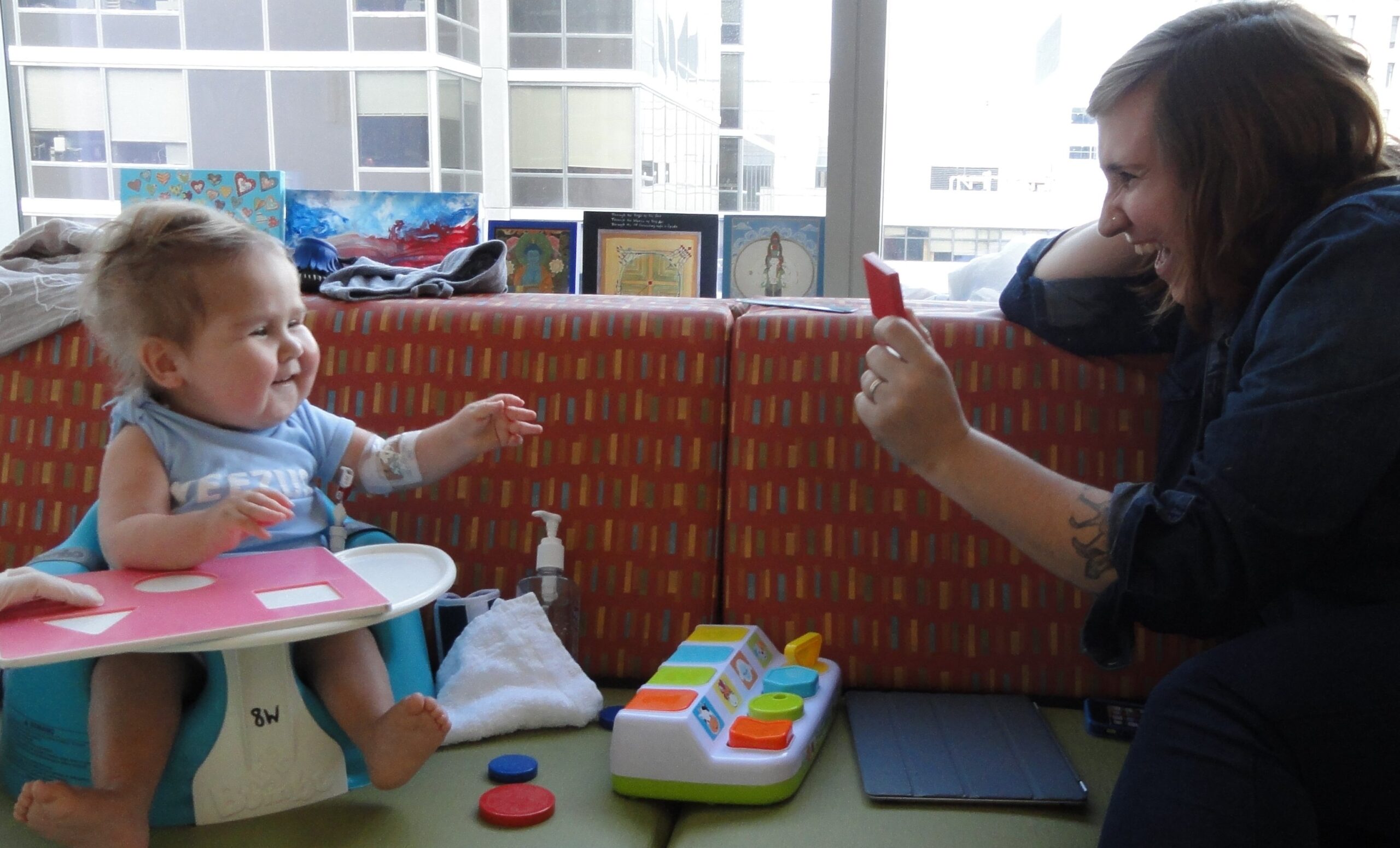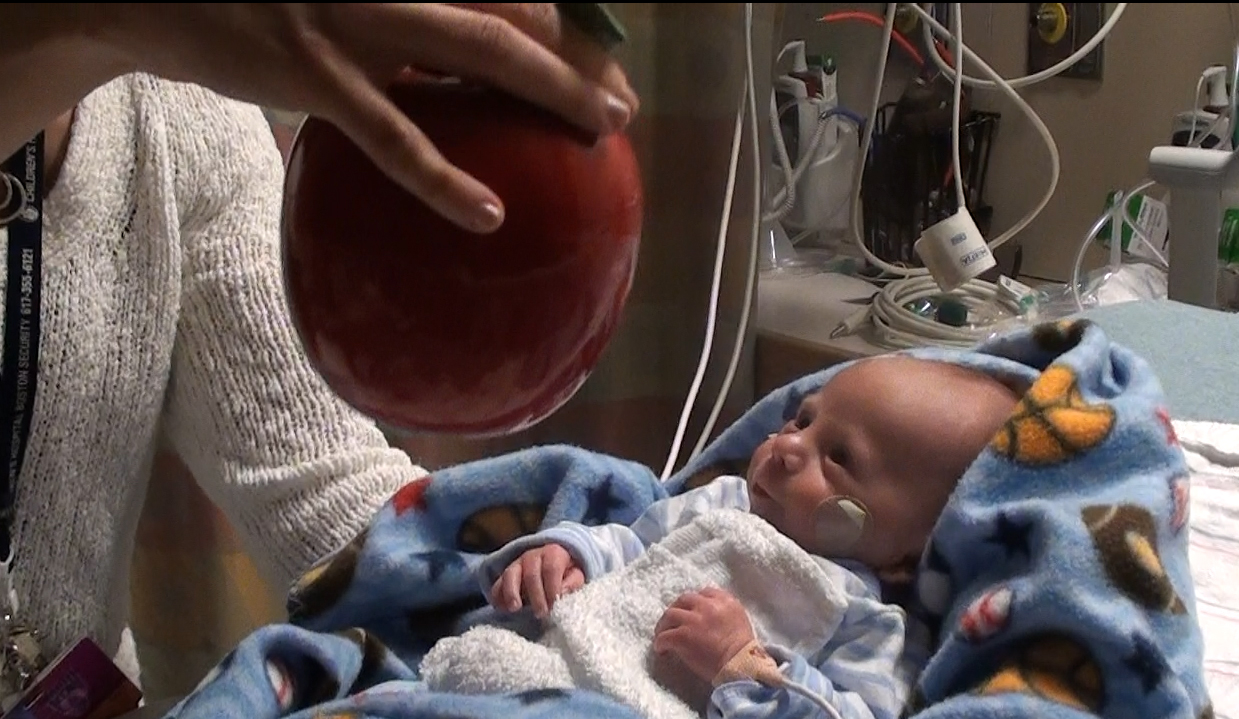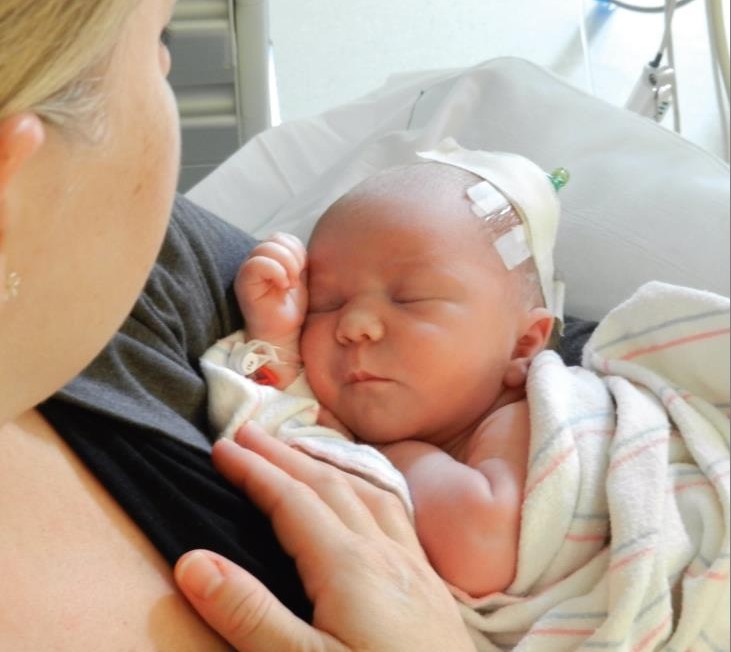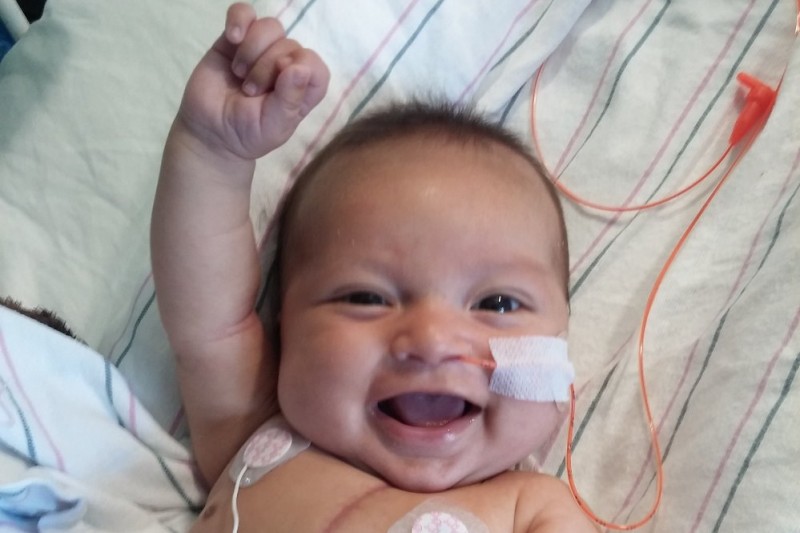
As members of the Newborn Individualized Developmental Care Program (NIDCAP) family know all too well, preterm birth is a global challenge with developmental and physical challenges and disabilities which can not be completely explained by medical complications alone. The overexposure to unexpected noxious sensory stimuli and diminished positive experiences in the hospital contribute to the developmental picture for a child born early. NIDCAP, through minimization of the mismatch between the immature brain’s expectations and experiences of stress and pain in the hospital environment, has proven repeatedly to improve outcomes for children born preterm. Despite the research and publications on the positive outcomes for NIDCAP and the increasing availability of NIDCAP training, it is not consistently practiced in every intensive care unit (ICU) caring for fragile infants, though an increasing number of newborn ICUs (NICU) understand the importance of individualized developmental care and provide at least partial support in selected aspect of the NIDCAP model.

Similar to the premature infant, the infant with congenital heart disease (CHD) is challenged very early in life. Infants with CHD suffer from impaired cerebral oxygen delivery both pre and post birth, leading to a less mature and fragile brain. In addition, CHD complexity often necessitates cardiac surgery prenatally or during early infancy and the morbidities that often accompany these medical surgical interventions may affect long-term outcomes. Over the past several decades, the mortality rate has decreased for children with CHD. From this growing population, research has generally focused on outcomes, with only a limited, more recent focus on prevention and intervention. The Cardiac Intensive Care Unit (CICU) has a host of challenges, similar to those in a NICU, with extremely precarious patients, life threatening procedures, perilous lines and tubes, postsurgical obstacles, medical complications, extremely long hospital stays, comorbid medical conditions, large age range for patients, and traumatized families. Similar to the premature infant, the infants in the CICU can be hypersensitive, difficult to feed, and difficult to calm with noted long-term challenges in development. Given the fragility of these patients, known risks of developmental delay and disability, and documented instability during the newborn period, it is of utmost importance that they receive NIDCAP care while in the CICU. However, in most CICUs there is little awareness of individualized developmental care as it has not emerged as a focus or priority due to the extreme nature of the medical needs of this population.

Recent national guidelines were created by the American Heart Association and the American Academy of Pediatrics advocating for neurodevelopmental screening of all infants receiving heart surgery. They acknowledge in their statement that biological risk factors are modified by environmental and protective factors. They also specifically state that all high risk patients should be referred for formal developmental evaluations with age specific tools to provide surveillance, screening, developmental monitoring, and optimization of care.

While the AHA and AAP were probably not specifically implying NIDCAP care, they provided a way to bring individualized developmental care to the CICU. From this statement, the CICU medical professionals must now shift their focus to not only assuring the infants’ survival, but also optimizing their developmental course and outcome. Anyone with a background in NIDCAP would interpret screening an infant in an ICU to include individual detailed observation of the infant, parent support, guidance for the professional caregiver, and recommendations to support optimal developmental including changes to caregiving and the environment to reduce the infants stress and improve the infant’s ability to self regulate along with referrals to other developmentally minded therapists.
Bringing individualized developmental care and system change in the CICU requires interdisciplinary collaboration with other professionals passionate to support the development of the infant with cardiac challenges. In collaboration with other CICU staff, providing a focus on education, both formal and informal on individualized developmental care, typical developmental and long term outcomes for this population is important. Developmental rounding at the bedside which includes the collaboration of all medical providers and therapists involved with the infant and family is helpful to enhance the individual care of each infant while also providing in the moment training for staff. Research initiatives provide documentation and proof that change is occurring and necessary. In addition, it is essential to provide reflective strategies for the professional caregiver’s perception of the emotional experience which guides decision making to take the next step of action. While reflective processes, developmental rounds, and a developmental care committee have been shown to enhance implementation efforts of individualized developmental care in the NICU, it is not the easiest practice to execute given competing demands for time in a system that is uncertain of their benefits.

Although the CICU is far away from requiring NIDCAP as the standard of care, significant efforts continue. As in the NICU, change is slow, and certainly not fast enough for the sick baby currently in the unit, but small change is notable in the individual CICU on a daily basis and across the field of cardiac neurodevelopment. I am currently the only NIDCAP professional on a standing committee of the Cardiac Neurodevelopmental Outcome Collaborative but I am well supported and encouraged by the NIDCAP family and hopeful for NIDCAP to move further in the world of other hospital environments that support fragile infants.
Samantha Butler, PhD
Developmental and Clinical Psychologist
Co-Chair, Family Advisory Committee
NIDCAP Federation International, Inc.
